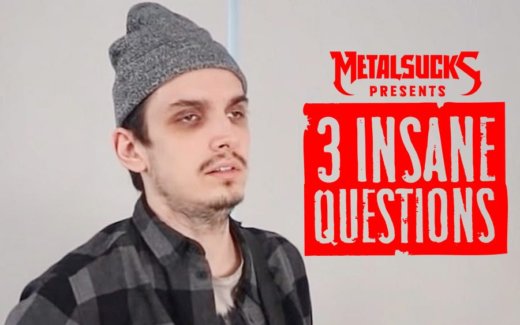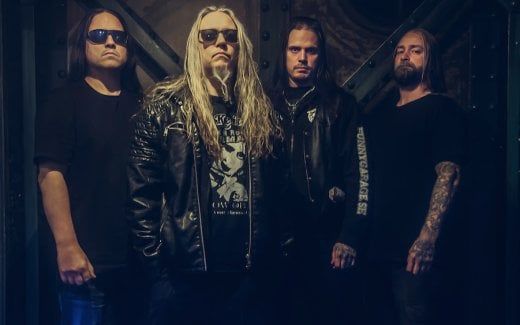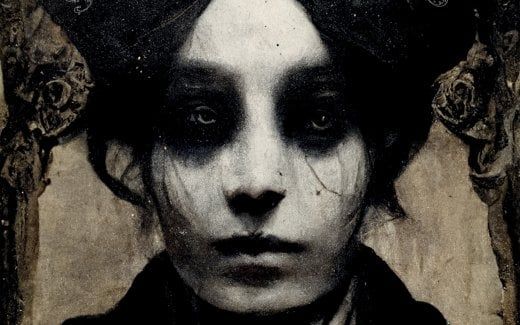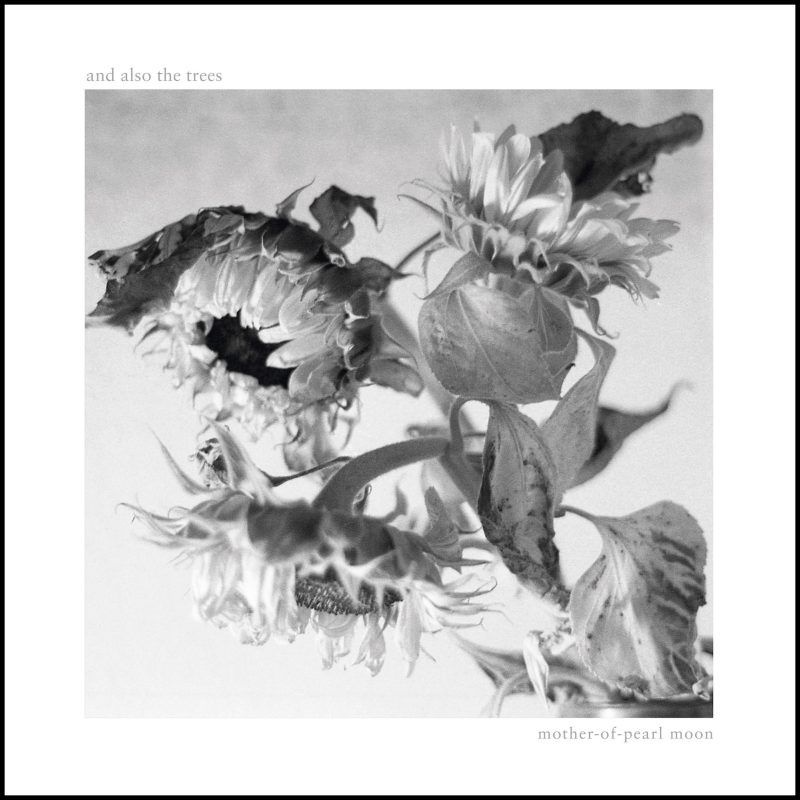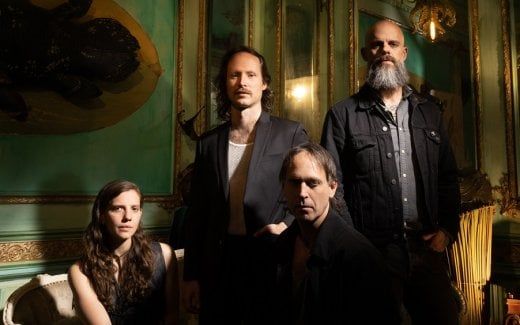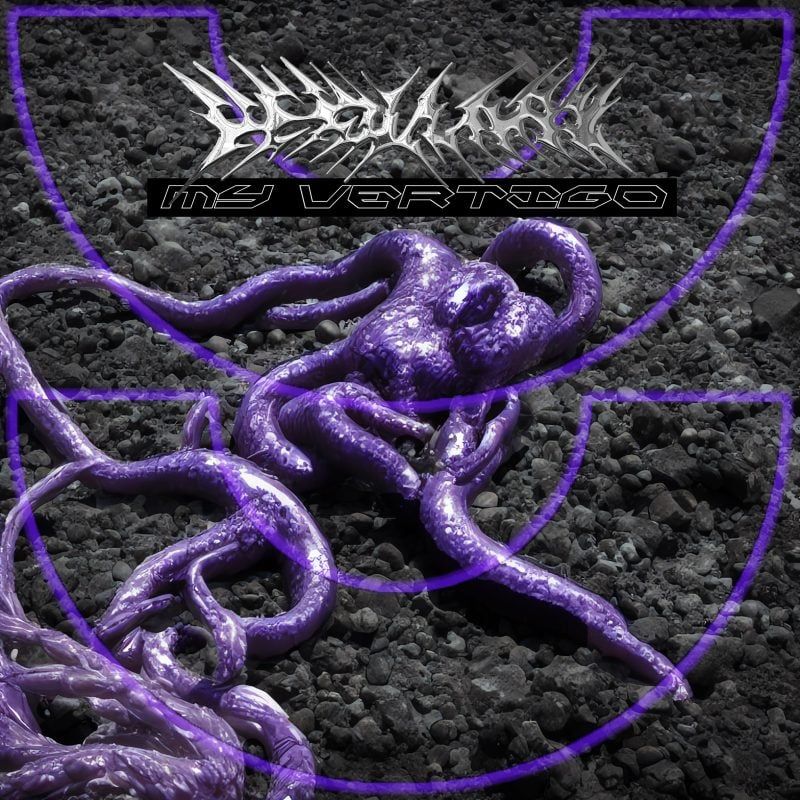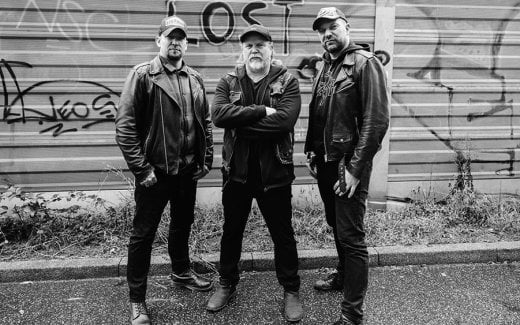Follow us on social media
Ryuichi Sakamoto Passes Away At 71
Follow us on social media
“When I write scores my thinking is limited in the forms of Western composition which I learned when I was a teen. But I always wanted to break it, break the wall, or limits I am trapped inside. Sometimes using electronics or blending with electronic sound can help to break this wall.”
We mourn the loss of the electronic music giant Ryuichi Sakamoto, founder of the pioneering Yellow Magic Orchestra and prolific composer of film scores, including the Academy Award-winning “The Last Emperor.” The news of his passing was announced on his Instagram page, although as of this writing, no further details have been released.
Born on January 17, 1952, in Tokyo, Sakamoto was the son of literary editor Kazuki Sakamoto and hat designer Keiko. He began piano lessons at a young age of six and soon started composing his own music, drawing inspiration from the likes of Bach, Debussy, modern jazz, and the avant-garde sounds of John Cage. He studied composition and ethnomusicology at Tokyo University of the Arts, where he began experimenting with synthesizers and pop music.
Sakamoto’s musical genius transcended various genres and mediums, ranging from techno to classical orchestral works, video game soundtracks, and solo piano performances. He collaborated with an eclectic mix of musicians, and his film score works earned him an impressive list of accolades, including an Oscar, a BAFTA, two Golden Globes, and a Grammy.
“After I wake up I start thinking, hmm, which music will I listen to,” he said. “Sometimes by chance or randomly, you know, some music comes to my mind. To me there is no genre difference, or category differences. Music is music.”
During the late 70s and early 80s, the Japanese music scene was a hotbed of experimentation and creativity. It was during this time that Ryuichi Sakamoto co-founded the groundbreaking Yellow Magic Orchestra, along with Haruomi Hosono and Yukihiro Takahashi. The trio’s music was a unique blend of synthpop, electronic, and new wave sounds that quickly made them stars both in Japan and overseas.
Their self-titled debut album, released in 1978, was a game-changer in the world of music. With tracks like “Computer Magic” and “Firecracker,” the album captured the feeling of being immersed in a playful toy store full of beeping electronic games and lounge singers. Early hip-hop and techno producers later sampled these tracks, contributing to the mainstreaming of video game music just as the gaming industry was having its first real boom in the West.
Yellow Magic Orchestra’s follow-up album, Solid State Survivor, initially released only in Japan, featured a Sakamoto composition called “Behind the Mask” that went on to be covered by Michael Jackson and Eric Clapton. With the release of BGM in 1981, the band became the first music act to use the then-cutting edge Roland TR-808 drum machine on a recording.
In just five years, Yellow Magic Orchestra released seven albums, culminating their original run with Service in 1983. But Mr. Sakamoto was just getting started. In the early 1980s, he began to achieve wide recognition, and even ventured into acting when director Nagisa Oshima asked him to co-star in “Merry Christmas, Mr. Lawrence,” alongside David Bowie. Mr. Sakamoto agreed, but only on the condition that he could also score the film. And score it he did, creating a hauntingly beautiful soundtrack that perfectly captured the film’s themes of war, imprisonment, and redemption.
The movie’s synth-heavy title track remained one of Mr. Sakamoto’s most famous compositions. He often adapted it, including for “Forbidden Colors,” a vocal version with Japan’s David Sylvian.
Sakamoto would go on to compose soundtracks for director Bernardo Bertolucci, including 1987’s “The Last Emperor,” 1990’s “The Sheltering Sky,” and 1993’s “Little Buddha.” Sakamoto won an Oscar in 1988 for The Last Emperor.
In the wake of the 2011 Fukushima nuclear disaster, Ryuichi Sakamoto emerged as a prominent voice in Japan’s anti-nuclear movement. In 2012, he organized the No Nukes concert, which featured a highly-anticipated reunion of Yellow Magic Orchestra alongside the legendary Kraftwerk, one of the group’s main musical inspirations. Just one day before the concert, Sakamoto made an appearance at a protest outside the Japanese prime minister’s residence, declaring his stance as a citizen: “It’s important that we all do what we can and raise our voices.”
In 2014, Sakamoto was diagnosed with throat cancer, and had to put a halt to his work during treatment. However, he made an exception when director Alejandro G. Iñárritu invited him to compose music for his film, “The Revenant.” Later in his career, Sakamoto collaborated with an array of musicians, including Brian Eno, Alva Noto, and cellist Jaques Morelenbaum. His daughter, Miu Sakamoto, is a J-pop singer.
On December 10, 2022, Sakamoto showcased his extensive career with a performance recorded at Tokyo’s 509 Studio. The event, which included a selection from his latest album, “12,” was live-streamed for ticket holders. Leading up to to the performance, he told actor Masafumi Suzuki, “I no longer have the energy to do live concerts…. This might be the last time that you will see me perform in this manner.” Sadly, he was correct.
Riyuichi Sakamoto was 71.
The post Ryuichi Sakamoto Passes Away At 71 appeared first on Post-Punk.com.


